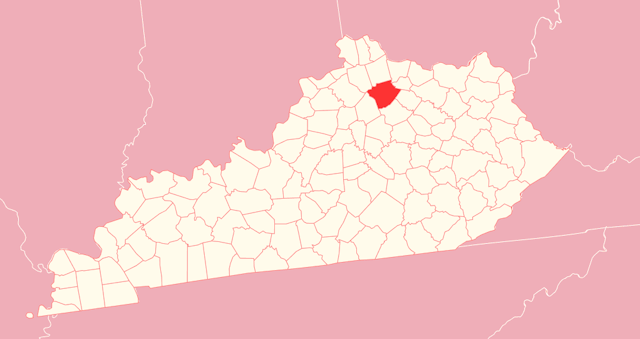Rehabs in Harrison
Harrison, the 64th largest county, is in the state of Kentucky, US. The total area is 310 sq mi (800 km2). As of the 2021 census, its population was 18,677, decreasing by 0․0.8% from 2020. The density was 23․88 km2. Cynthiana city is the seat.
According to the statistics, substance use disorder (SUD) has harmed the residents of the province. It registered 41 overdose drug deaths in 2021. There were 1,289.6 emergency department visits with drug and alcohol disorders. In the meantime, deaths from alcoholic driving were 22% in the same year.
So, Harrison County rehabs try to remove all barriers to enrolling residents in effective treatment programs.
Drug and Alcohol Evaluation
The first step of the recovery journey is an evaluation. It includes an initial examination and interview. During this stage, medical specialists gather the following information about a client:
History
Background
Medical conditions
Frequency of use
Date of last use
Besides, clients may undergo tests such as blood or urine analyses for a correct result.
Based on the evaluation result, counselors can create a personal healing plan. Additionally, they will decide on the right program and the length of recovery.
Rehab Programs in Harrison County
The doors of rehabs in Harrison County are opened to all community members. Although it has a higher abuse rank, with the help of special programs, they try to ease the current situation.
Detox
Detox is an integral part of a residential program. By cleansing the body of toxins in advance, it prepares a patient for proper treatment. Yet, it can be harmful. In this case, a detox may be medical or non-medical.
However, this process must occur in a medical center under the supervision of doctors. In addition, it requires 24/7 care.
Inpatient (IP)
IP provides services to patients with more complex and severe disorders. For this reason, the qualified staff includes addiction doctors, therapists, and psychologists. They treat co-occurring mental health, substance misuse, and dependence, including all types of opioids. Patients attend the following treatment plans:
Group, individual, and family counseling
Educational and community meetings
Peer support
12-Step work
In essence, IP in Harrison County lasts 28 days in a supportive and safe environment. It allows patients to build healing plans and focus on their recovery.
Outpatient (OP)
OP for drug and alcohol abuse provides individuals, families, couples, and group therapies. It includes recovery plans that help to develop coping skills. Moreover, those methods prevent a person from reusing substances. Thus, the treatment structure is built on the needs of each client.
Everyone who struggles with dependence can overcome it by attending outpatient care a few days per week.
Intensive Outpatient (IOP)
IOP is based on individual and family counseling, group therapy, and education. First, addiction professionals educate patients on techniques of recovery maintenance and coping skills. Then, doctors use methods that have been proven to be effective. Last, it takes place three days weekly that lasts nine hours per week.
Although IOP is more dynamic than an ordinary outpatient plan, it allows people to work, study, and live with family along with their recovery. Intensive outpatient serves adults in group settings.
Prices for Luxury Services
People looking for this service should know all conditions that facilities provide. Residential centers offer high-class programs. Although their fees, like standard inpatient care, are higher, insurance may cover most of the fees.
Prices and Payment Options
Clinics offer flexible payment systems if someone doesn't have insurance or needs more discounts. Those payment options are:
Self-payment
Medicare/Medicaid
Financial help
Military Insurance
Sliding fee scale
Forcing Teens Into Rehabilitation
Parents often do not know what to do when finding their teens addicted. Generally, minors refuse to get treatment in residential complexes. They are afraid of inpatient treatment. In any case, they will not want to spend the night in the rehab hospitals. Forcing them into a facility is useless.
Hence, this province offers unique cure methods designed only for teens’ needs. Those involve outpatient individual, group, and family sessions. Professional staff uses a person-centered approach tailored to each teenager. They cure addiction, as well as mental health issues.

